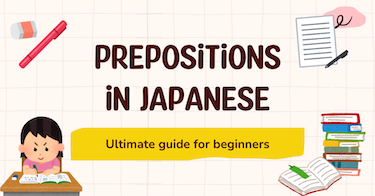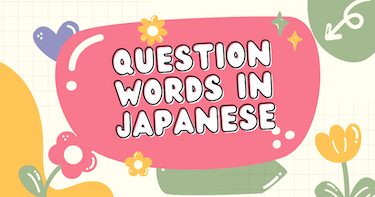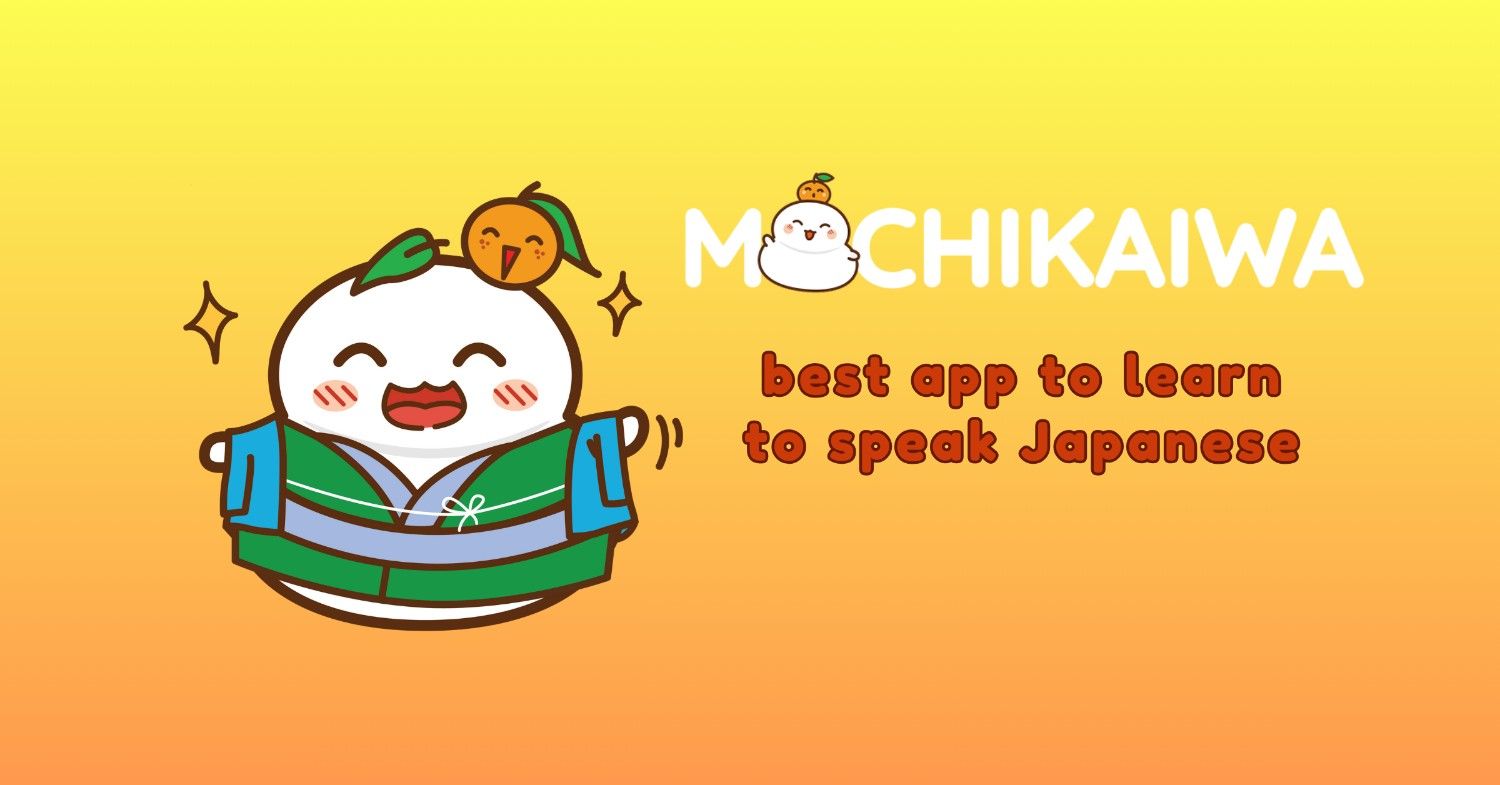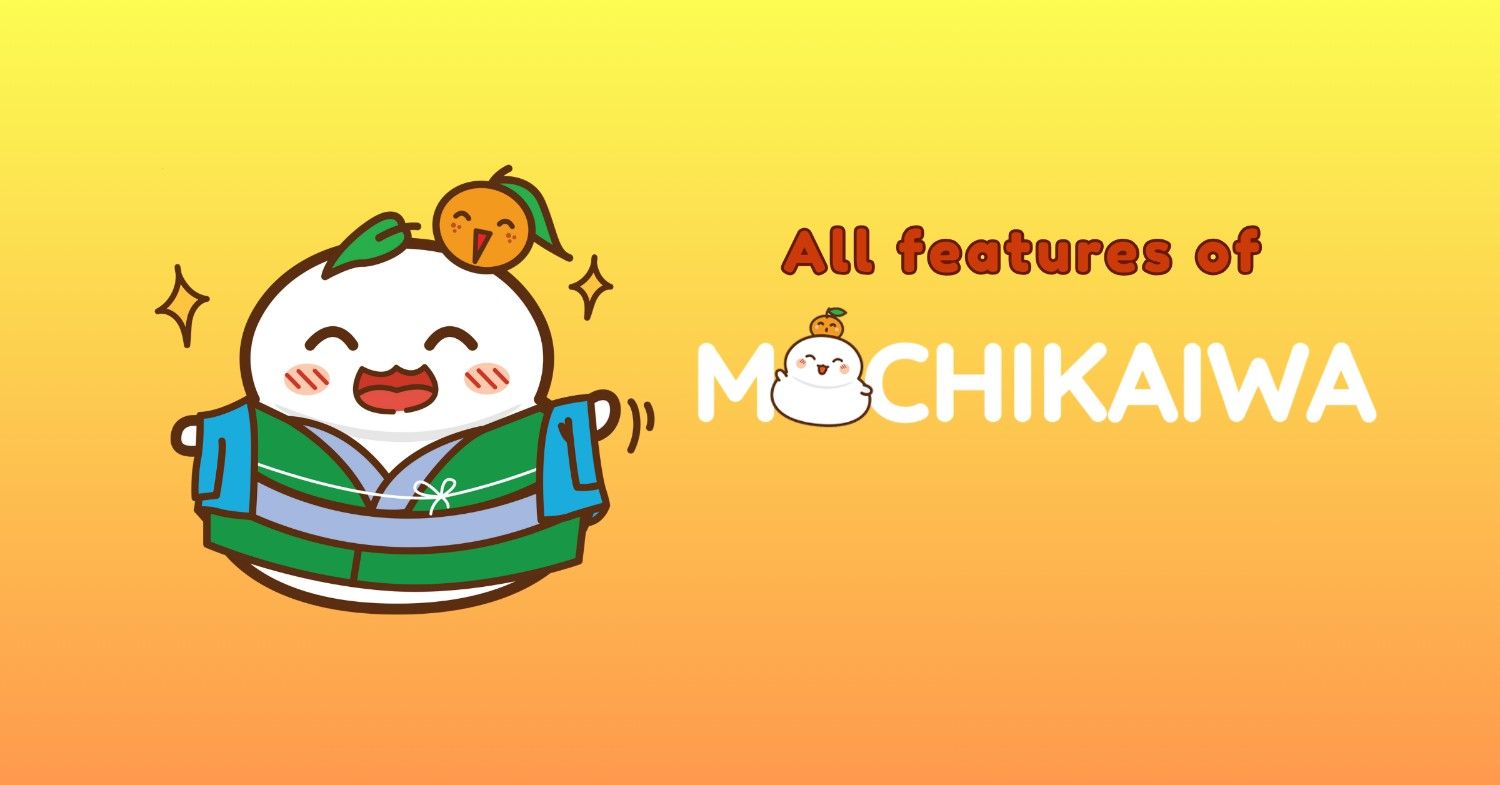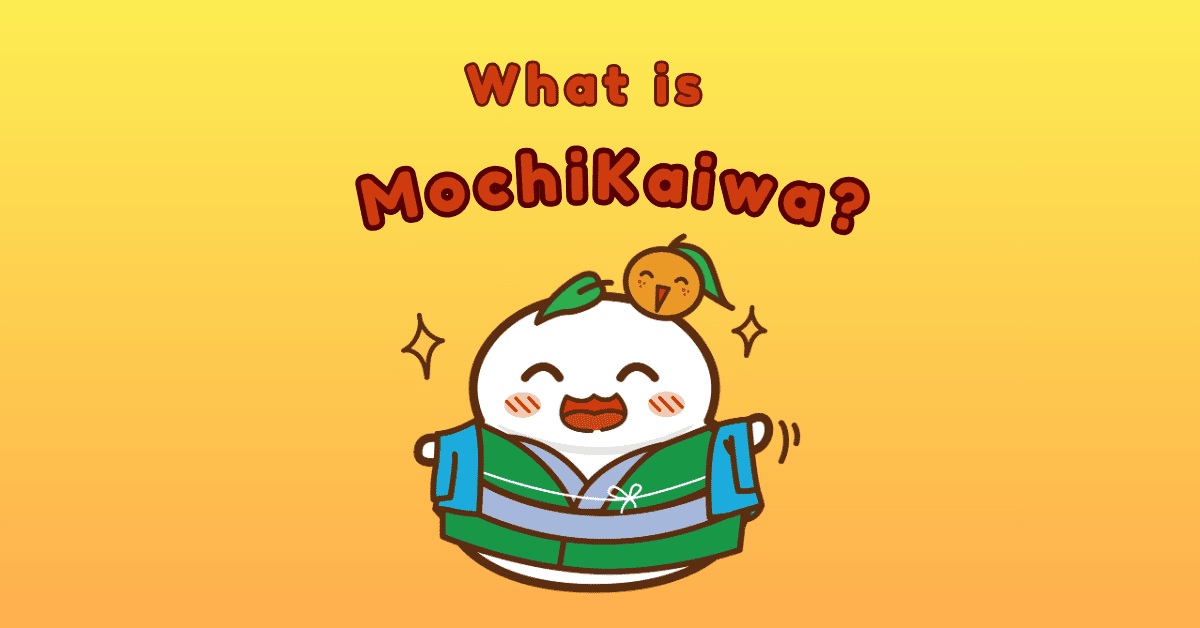Mastering common Japanese expressions is essential for navigating various social interactions. Whether you’re greeting someone, expressing gratitude, or asking for help, these phrases will help you communicate more naturally. To make it easier, we’ve organized the expressions by different themes to suit your daily conversations.
- Greetings and introductions
- Gratitude and appreciation
- Apologies and excuses
- Asking for help and directions
- Dining out
- Farewells and goodbyes
1. Greetings and introductions
Knowing how to greet and introduce yourself is the first step in any language.
- こんにちは (Konnichiwa) – Hello / Good afternoon
- おはようございます (Ohayou gozaimasu) – Good morning
- こんばんは (Konbanwa) – Good evening
- はじめまして (Hajimemashite) – Nice to meet you
- よろしくお願いします (Yoroshiku onegaishimasu) – Please treat me well (used when meeting someone or asking for a favor)
- お元気ですか (Ogenki desu ka) – How are you?
- 元気です (Genki desu) – I’m fine.
2. Gratitude and appreciation
Expressing thanks and showing appreciation is important in any culture.
- ありがとう (Arigatou) – Thank you (informal)
- ありがとうございます (Arigatou gozaimasu) – Thank you very much (formal)
- どうも (Doumo) – Thanks (very casual)
- 助かりました (Tasukarimashita) – That was helpful
- お世話になります (Osewa ni narimasu) – Thank you for your support (often used in business situations)
- ご協力ありがとうございます (Gokyouryoku arigatou gozaimasu) – Thank you for your cooperation
3. Apologies and excuses
Japanese culture places a strong emphasis on politeness, and knowing how to apologize is key.
- すみません (Sumimasen) – Excuse me / Sorry (used to get attention or apologize)
- ごめんなさい (Gomen nasai) – I’m sorry (more heartfelt)
- 申し訳ありません (Moushiwake arimasen) – I deeply apologize (very formal, used in business or serious situations)
- 遅れてすみません (Okurete sumimasen) – I’m sorry for being late
- 失礼します (Shitsurei shimasu) – Excuse me (used when leaving a room or interrupting)
- ご迷惑をおかけしました (Gomeiwaku o okake shimashita) – I’m sorry for causing trouble
4. Everyday expressions
These are common phrases you’ll use in casual conversations daily.
- はい (Hai) – Yes
- いいえ (Iie) – No
- わかりました (Wakarimashita) – I understand
- 分かりません (Wakarimasen) – I don’t understand
- お願いします (Onegaishimasu) – Please (used when requesting something)
- 大丈夫です (Daijoubu desu) – It’s okay / I’m fine
- そうですか (Sou desu ka) – Is that so?
- ちょっと待ってください (Chotto matte kudasai) – Please wait a moment
5. Asking for help and directions
When you’re in Japan, these phrases will help you ask for assistance or directions.
- すみません、道を教えていただけますか? (Sumimasen, michi o oshiete itadakemasu ka?) – Excuse me, could you tell me the way?
- これを手伝ってください (Kore o tetsudatte kudasai) – Please help me with this
- 駅はどこですか? (Eki wa doko desu ka?) – Where is the train station?
- トイレはどこですか? (Toire wa doko desu ka?) – Where is the restroom?
- ここで写真を撮ってもいいですか? (Koko de shashin o totte mo ii desu ka?) – Is it okay to take pictures here?
- タクシーを呼んでいただけますか? (Takushii o yonde itadakemasu ka?) – Could you call a taxi for me?
6. Dining out
When eating out in Japan, these expressions will help you navigate the dining experience.
- いただきます (Itadakimasu) – Let’s eat (said before a meal)
- ごちそうさまでした (Gochisousama deshita) – Thank you for the meal (said after finishing a meal)
- お会計お願いします (Okaikei onegaishimasu) – The check, please
- メニューを見せてください (Menyuu o misete kudasai) – Please show me the menu
- おすすめは何ですか? (Osusume wa nan desu ka?) – What do you recommend?
- お水をください (Omizu o kudasai) – Please give me water
7. Farewells and goodbyes
When it’s time to part ways, these expressions are commonly used.
- さようなら (Sayounara) – Goodbye (formal, often for longer goodbyes)
- またね (Matane) – See you later (informal, for casual goodbyes)
- おやすみなさい (Oyasuminasai) – Good night
- お疲れ様でした (Otsukaresama deshita) – Thank you for your hard work / Goodbye (common in work or school settings)
- では、また (Dewa, mata) – Well then, see you again
Learning with MochiKanji
If you want to further improve your Japanese language skills, MochiKanji is a great tool to help you practice these essential expressions. With its engaging courses and interactive flashcards, you can gradually build up your vocabulary while mastering proper pronunciation. Plus, the Spaced Repetition System will remind you of key review times, ensuring that you retain what you’ve learned.
Conclusion
By learning these common Japanese expressions, you can easily navigate daily conversations and situations. Whether you’re greeting someone, asking for help, or ordering food, these phrases will be invaluable in your Japanese journey. Keep practicing them, and you’ll soon find yourself speaking Japanese naturally and confidently!

